Jaguar has announced that it will not start production of any new cars until 2025. A move that, with fierce competition in the auto industry, seems risky enough, especially for a small manufacturer like Jaguar, but with Tata behind it, the managers of the brand seems to have properly considered all the consequences. In fact, the money saved for the development of new cars during these four years of hiatus (2.5 billion pounds), they will be invested in a platform that will be exclusive to the Jaguar brand and will be used for the production of electric vehicles which will start in 2025.
In addition to full electrification, the brand would also enter the “super luxury” category, according to the “Reimagine” strategy described earlier this year. In practice, JLR no longer intends to compete directly with German premium brands, such as Audi, BMW and Mercedes (we could also list Lexus and Volvo) but by changing the main objective, or not just think about “making volume” but selling “more expensive”. However, one wonders if there is actually room for yet another British luxury brand in an already quite saturated market that sees the likes of Lotus, Aston Martin, Rolls-Royce and Bentley.
Jaguar, the end of car production until 2025 weighs on workers
To last three years without new products and without losses, Jaguar Land Rover will still be forced to rationalize costs. The brand is not in an easy and new position JLR CEO, Thierry Bollore, has already made very serious and painful decisions: stop the development of two midsize crossovers, mow the new XJ almost into production and eliminating 2,000 “non-productive” jobs and separating from just over 1,000 temporary workers in 2020 employed in the UK. Although the factories will not close until 2025, it is clear that it is the workers who will lose their jobs that are the losers of this choice.
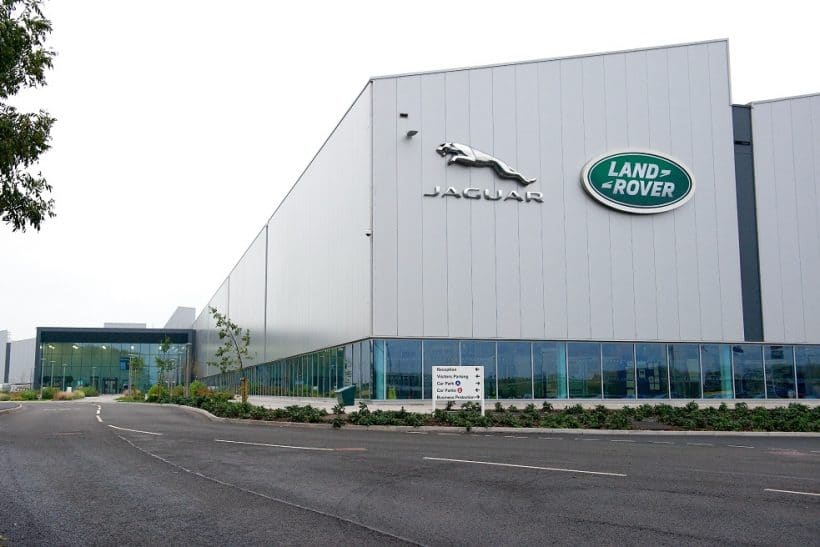
The strategy is also on a comparable scale, with the entire new offering being placed on an electric basis, meaning two crossovers and a two-door coupe, the cheapest of which would start at £ 42m. Asked about the planning of incoming products, Thierry Bolloré, CEO of JLR, remained fairly subtle, simply signaling that Jaguar needed to maintain ties to the past, but that with the UK’s 2030-based combustion-engine car ban, there will be no need to immediately rely on ‘pleasure-oriented’ vehicles. ”Like a sports coupe. In simple terms, Jaguar will have to relaunch itself with models with greater potential, without, however, trying again to scratch the market sector dominated by the German trio. See you all in 2025, and Merry Christmas to Jaguar workers.






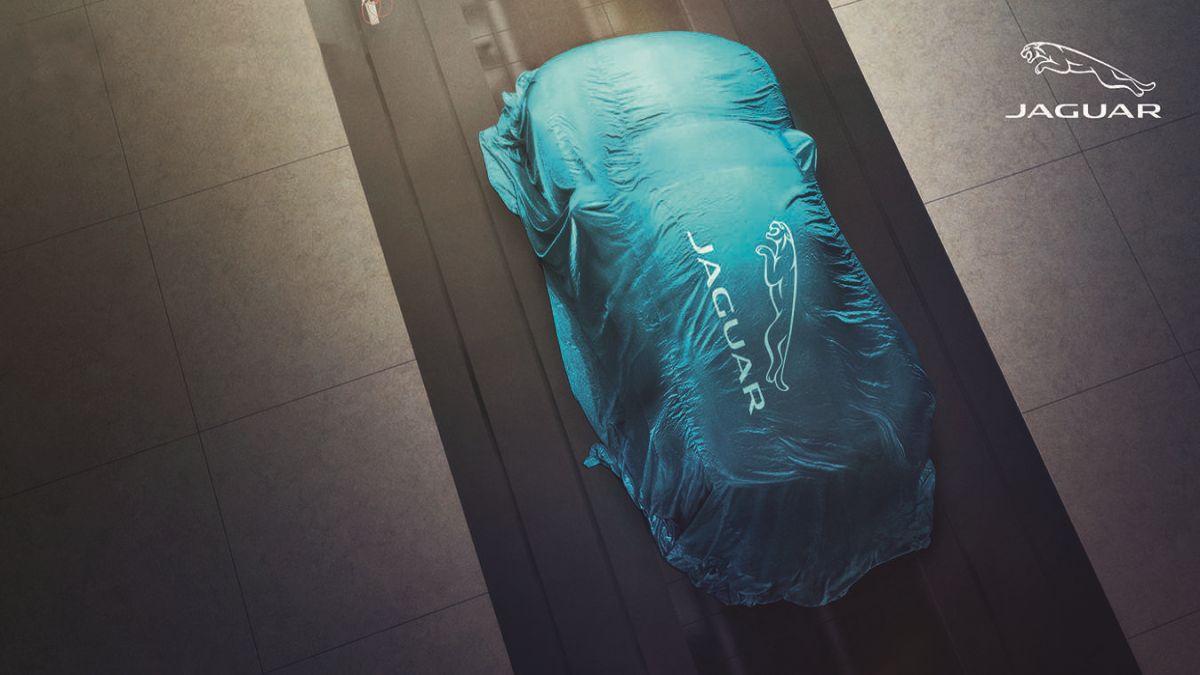





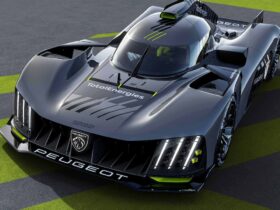
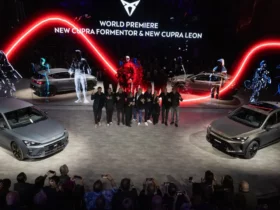
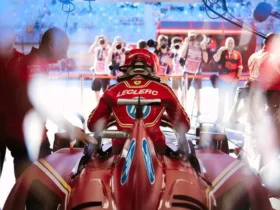

Leave a Reply
View Comments